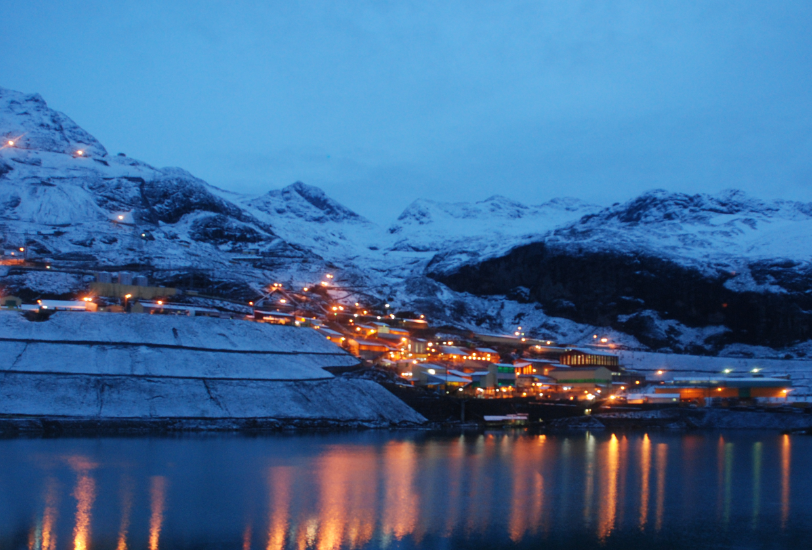Minsur has announced mixed results for its Peruvian and Brazilian tin operations in Q3, with Peruvian refined tin production falling 4% year-on-year to 4,801 tonnes despite a 1% rise in mine output to 4,877 tonnes. Conversely, Brazilian refined tin output rose 5% to 1,714 tonnes, despite a 6% decline in output from the Pitinga mine to 1,606 tonnes.
The year-on-year decline in Peruvian refined tin output was mainly due to lower concentrate volumes fed to the smelter compared to Q3 2017 where ore stocks at the smelter were being drawn down. Despite the Q3 decline, production in the first nine months of 2018 is 1% higher than the same period of 2017. This is mainly due to an optimisation of the smelter to process higher volume concentrates at a lower tin grade, allowing greater tin recoveries at the San Rafael Mine during the ore processing stage. This better than expected performance of Minsur’s Peruvian operations has resulted in a revision of official production guidance in 2018 from 16,500 – 17,500 tonnes to 18,000-18,500 tonnes.
At the Pitinga mine in Brazil, output fell year-on-year in Q3 due to a lower volume of ore treated, although refined tin output increased to a higher volume of sintered concentrate fed to the smelter and higher recoveries. Cash costs net of by-product in Q3 almost halved to US$5,786 per tonne of tin compared to $11,157 a year earlier. The main reason has been the significant increase in tantalum and niobium ferroalloy production, up 30% year-on-year to 1,062 tonnes.
Our View: Production from Minsur’s San Rafael Mines continues to surpass expectations, with production in 2018 likely to be around 1,500 tonnes higher than anticipated at the beginning of the year. Concerns in recent years about the longevity of the San Rafael Mine operation have been focussed on the depletion of tin resources, rather than the mine’s cost competitiveness. Minsur has been working hard to address these concerns through drilling and exploration, discovering ore with almost 7,000 tonnes of tin metal content in Q3 in a current campaign which plans to extend through 2019. At the satellite deposit of Nazareth, the company has also defined 9.8 million tonnes of ore at 1.4% Sn, which it claims will allow an 8-year extension of the life of the existing mine. Construction of the company’s B2 tailing project appears be progressing well, with development reported at 52% complete and first production anticipated in late 2019.



